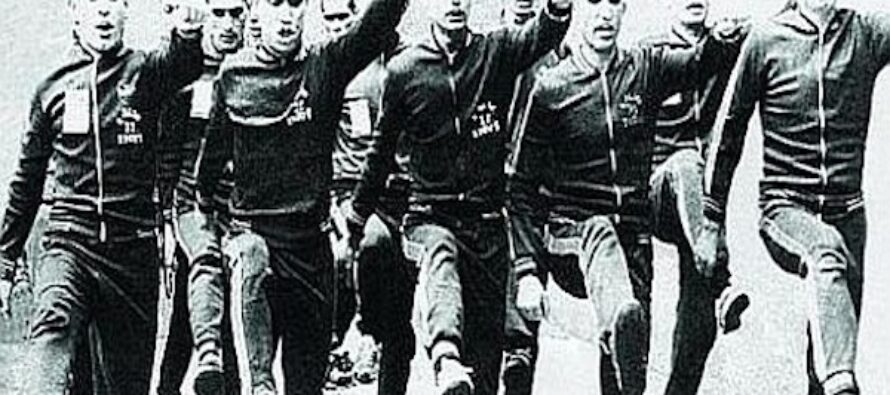Boycott to really turn the page in Turkey and work for democracy

![]()

Polling stations all over Turkey have opened for the referendum on the Constitutional amendments. Stands are clear, the AKP (Justice and Development Party) government is promoting the referendum. Opposition parties, the CHP (Republican’s People Party), MHP (Nationalist Movement Party) and DSP (Democratic Left Party) will vote no in the referendum. The BDP (Peace and Democracy Party) is leading the boycott front, which is supported by many of the victims of the military coup as well as by many intellectuals, civil society associations, gay and lesbian groups among others.
General Kenan Evren immediately after the military coup he led on 12 September 1980, had justified the coup saying that the military aim was to put an end to the disorders and chaos since the late ’70s. Many years later he admitted that indeed the generals have waited for the suitable conditions to stage a coup for some time. It was discovered years later – and this certainly came as no surprise – that the coup was indeed supported by the US administration.
The soldiers involved in the coup shut down the Parliament, banned the activities of political parties. The military regime confiscated all the property of political parties. Among political leaders, Süleyman Demirel and Bülent Ecevit were imprisoned on an island in the Marmara Sea, while Alparslan Türke? and Necmettin Erbakan were jailed at the Language School in Ankara. After the coup, 650,000 people were detained, and about 1.7 million people were blacklisted. It goes without saying that it was the left and Kurdish people the military concentrated on, in terms of brutality and repression.
Trials were launched against 210,000 people following the coup, and they were heard in military courts. Some 71,000 people were imprisoned because of their opinions and ideas. A total of 98,404 people were tried on charges of being members of illegal organizations, which included political parties and trade unions.
The courts gave death sentences to 259 people, most of whom were leftists. The executions carried out were 50.
Between 1980 and 1984, 300 people were suspiciously killed. A total of 171 people died as a result of torture in prisons.
As prisons became overcrowded, the military began to use depots and barracks as prisons. A total of 299 people are reported to have died due to poor living conditions in prisons. Yet, the tragedy in the prisons was not restricted to this. Fourteen people died after going on a hunger strike, and 16 people perished as they attempted to escape. Ninety-give people were killed during the clashes outside prisons, while authorities issued medical reports certifying natural deaths for 73 people who died suspiciously. Another 43 people were reported to have committed suicide. Thus, the death toll amounted to at least 1,635 people.
Furthermore, the military prohibited 388,000 people from leaving the country for the rest of their lives, and 30,000 were dismissed from their positions at public institutions on charges of being undesirables. Another 14,000 people were denaturalized, and 29,500 fled to Europe as political refugees.
Culture as well ended up under the ban of the military: 937 films were banned because found them objectionable. Some of these films were burned. A total of 23,677 associations were shut down, and 129 university lecturers and 47 judges and prosecutors were dismissed.
Prosecutors sought 4,000 years in prison in total for 400 journalists mostly because of their political views. Another 300 journalists were attacked and three journalists were killed in broad daylight. Most of the newspapers were closed down, and they were unable to publish anything for 300 days for a three-year period. A total of 39 tons of newspapers and journals were destroyed. Martial law was imposed all around the country, and some the practices left behind by martial law were only abolished in 2004.
* Some figures used to compile this report were taken from ‘Today’s Zaman’
Related Articles
FM Davuto?lu: Too early to claim Syria complying with truce
![]()
Foreign Minister Ahmet Davuto?lu (R) had a press conference with Justice Minister Sadullah Ergin (L) in Ankara, where Davuto?lu offered
¿Gobierna la izquierda en El Salvador?
![]()
Hernando Calvo Ospina Le Monde Diplomatique, España Representante del izquierdista Frente Farabundo Martí de Liberación Nacional (FMLN), el presidente de
Egypt votes for president amid controversy
![]()
Egypt’s presidential election gets under way as Muslim Brotherhood candidate faces Mubarak-era PM in runoff Polls have opened in Egypt’s


